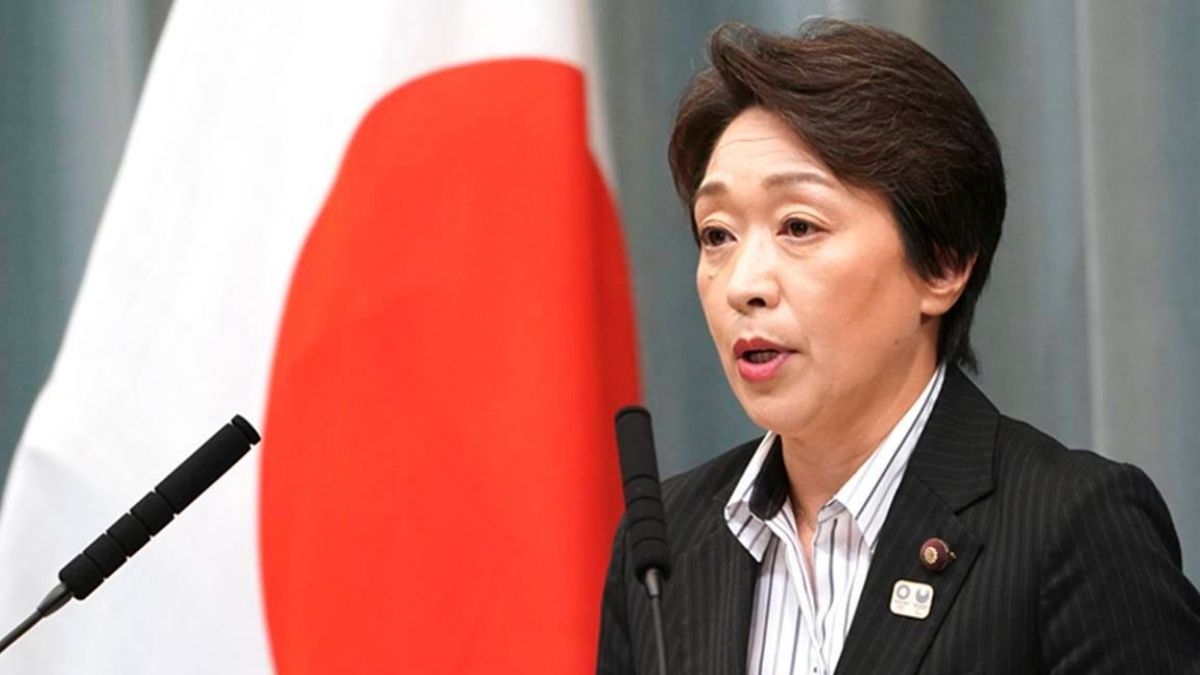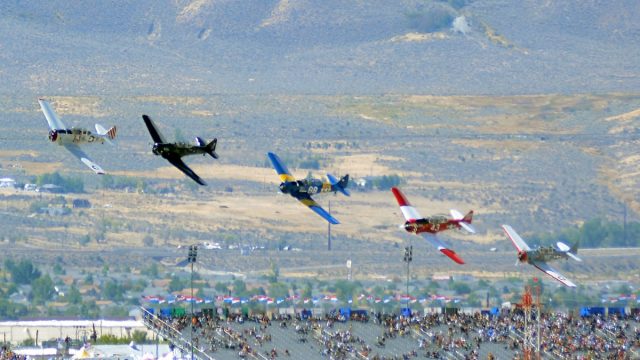Shizue Akita had to wait more than six hours while paramedics looked for a hospital in Osaka that could treat her deteriorating condition of COVID-19. When she eventually arrived at a hospital that wasn’t overrun with other patients, physicians diagnosed her with acute pneumonia and organ failure and sedated her. Two weeks later, Akita, 87, died. “Osaka’s medical systems have collapsed,” said Kazuyuki Akita, Shizue’s son.
From his home north of Tokyo, he has watched as three other family members in Osaka have suffered from the illness and poor health treatment. He further describes the entire system, “like hell”.
Hospitals in Osaka, Japan’s third-largest city and barely two and half hours by bullet train from Summer Olympics host Tokyo, are at maximum load. Approximately 35,000 individuals, or double the number of individuals in hospitals, must stay at home with the condition, many becoming extremely ill and dying before they can receive medical attention.
As the number of patients in Osaka rises, medical personnel report that every aspect of the system has been hindered, strained and burdened. It’s also happening in other sections of the country. The Associated Press interviewed besieged medical professionals and patients’ relatives in Osaka, and the despair and dread were palpable.
It contrasts sharply with the tone in Tokyo, where Olympic organizers and government officials vow the July Games will be safe and orderly even as a state of emergency stretches to more sections of the country and an increasing number of individuals urge for their cancellation.




